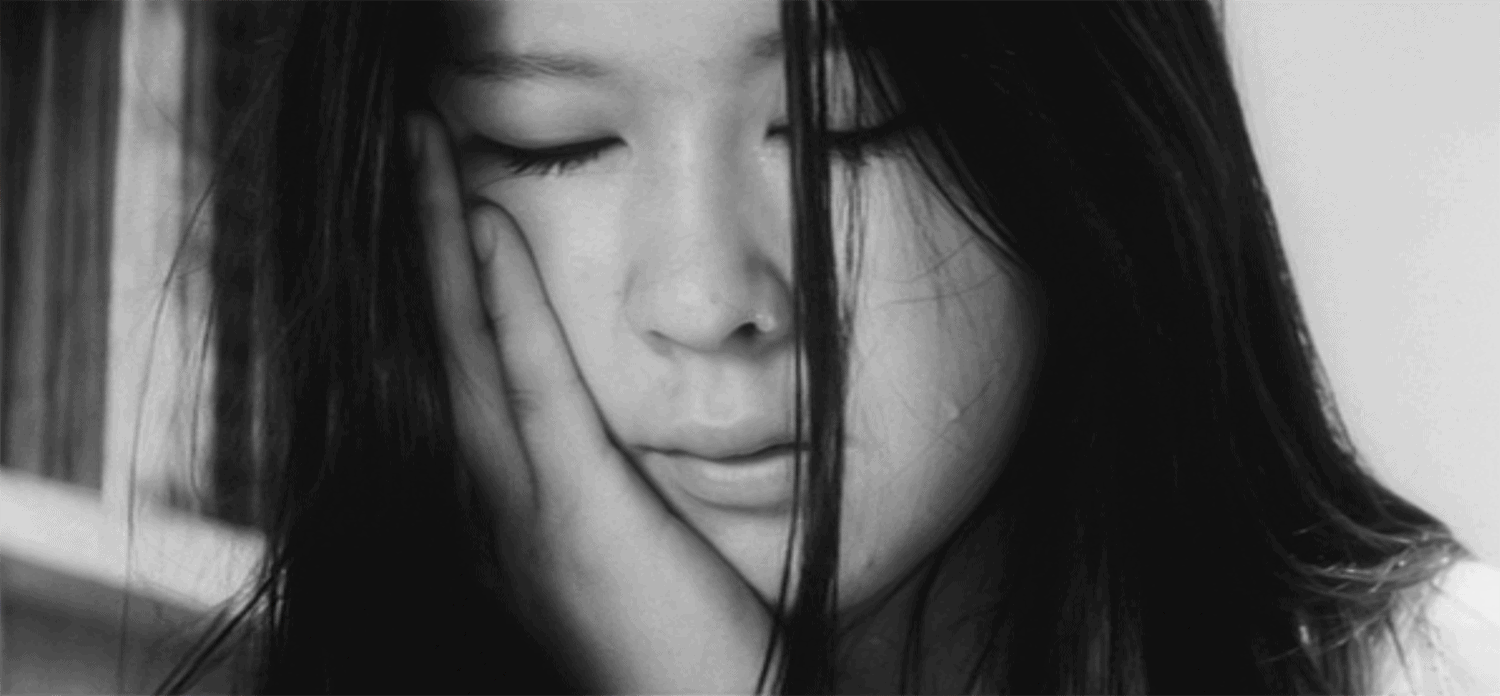11. Marathon (Jeong Yoon-cheol, 2005, S. Korea)

The true story of an autistic marathon runner should itself be good fodder for a decent biopic, but Jeong Yoon-cheol infuses with a lot of emotions, deriving largely from the relationship between the autistic Cho-won (Cho Seung-woo in one of his best performances) and his mother Kyeong-sook. His training with his coach Jung-wook, himself a man fighting his own demons, is also developed well. Word of warning: be sure to take tissues with you when you watch this one! It's guaranteed to give your tear ducts a good workout (whether happy or sad tears is something I leave for you to discover on your own). (Rhythm Zaveri)
Buy This Title
12. Men on the Dragon (Sunny Chan, 2018, Hong Kong)
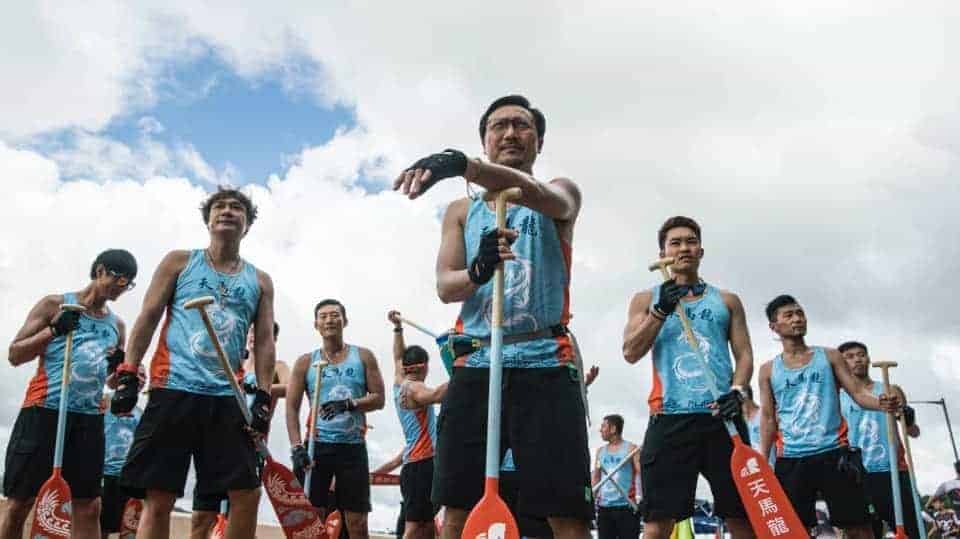
Sunny Chan directs a bittersweet comedy about the lives of middle-aged men in Hong Kong. Through his quite captivating and likeable characters, he makes a number of social comments. The difficulties of relationships, the hardships of the working environment, male bonding, and the benefits sports can have on people are the main ones. Despite the seriousness of these comments, Chan has chosen to retain a rather humoristic, to the point of whimsical approach towards his subject, which works quite well though, in both terms of presenting his comments and entertainment. (Panos Kotzathanasis)
13. Paan Singh Tomar (Tigmanshu Dhulia, 2012, India)

A gold medalist winning national athlete turned dacoit has to be the product of some writer's imagination surely, right? Yet Paan Singh Tomar was very much a real-life person and the subject of Tigmanshu Dhulia's entertaining feature, one that, in flashback, narrates the story of the army man who became a gold medallist for the country at the Asian Games but later went on to revolt against the system, as it were. The feature manages to include several key elements of the real-life Paan Singh's life, headlined by a fantastic lead turn by the late, great Irrfan Khan and a strong supporting cast. (Rhythm Zaveri)
Buy This Title

14. Sumodo: Successors of Samurai (Eiji Sakata, 2020, Japan)
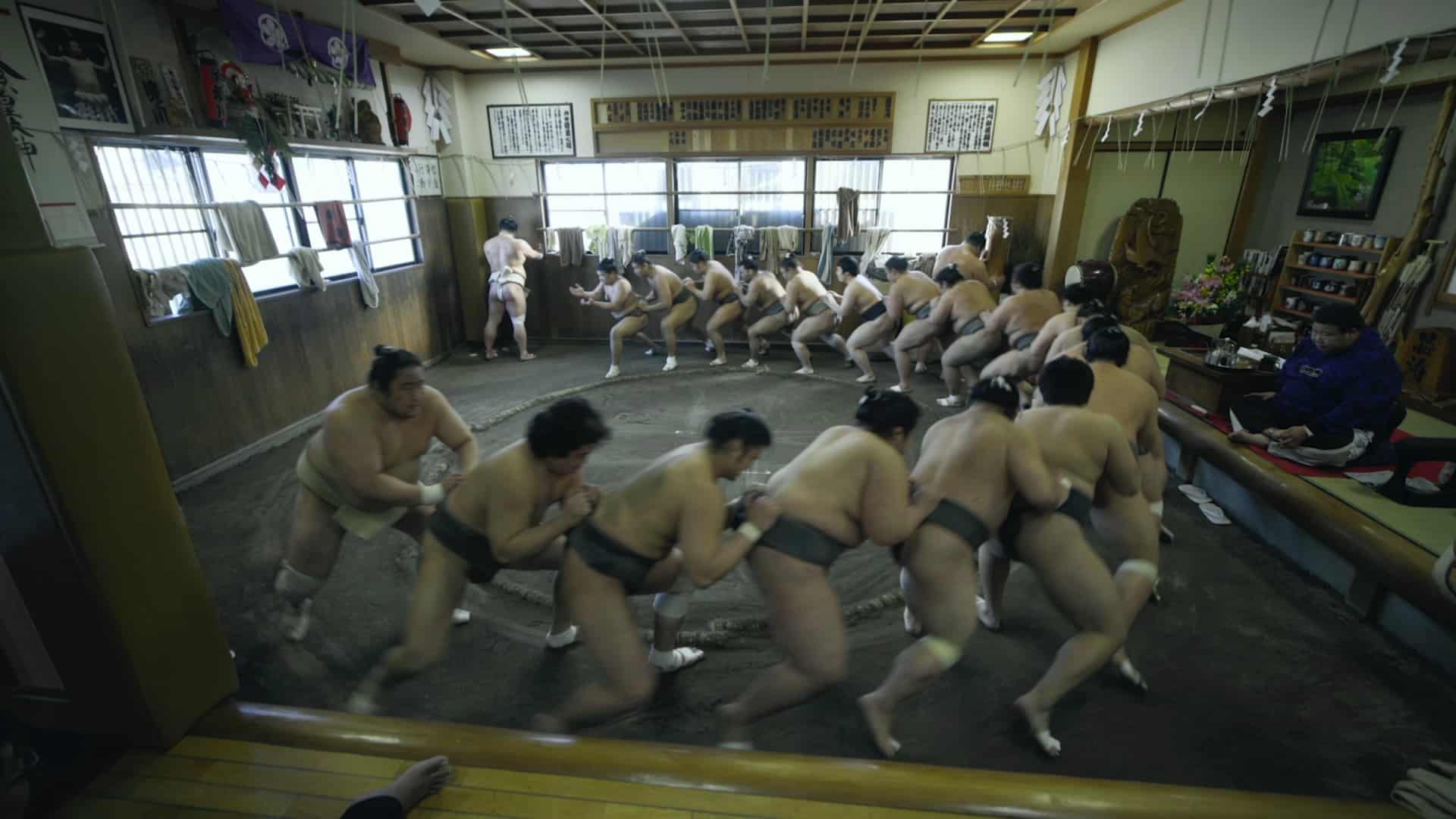
Eiji Sakata spends the majority of his documentary on the sheer physical strength of his subjects. We see them exercising, clashing with one other, and exerting themselves physically both on the ring and out of it. On the other hand, no time is spent on their incredibly strong mental fortitude. As the director himself shows through the numerous practice scenes with many of the athletes from both stables, almost everyone can train their muscles and joints to become physically strong, but very few can do that with their minds to the level the top rikishi like Goeido and Ryuden. For both of them seem to completely disregard the corporeal in their strive to become the best. They discard broken bones, torn muscles, and dangerously high temperature as trifles that can't deter them from achieving their goals. It is exactly this mental fortitude, in our opinion, that makes them similar to the samurai, rather than the physical one. (Martin Lukanov)
15. The Witches of the Orient (Juien Faraut, 2021, Japan)
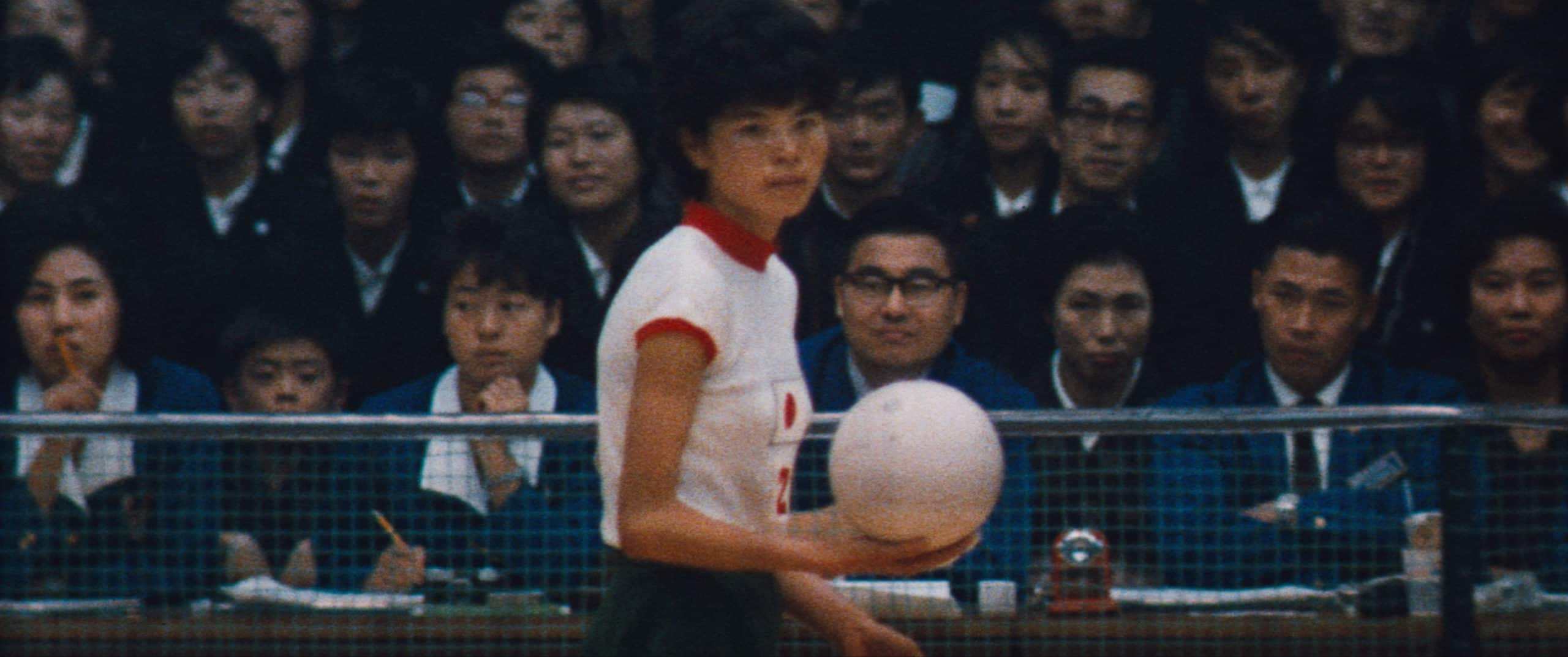
Faurat uses several techniques to create a dynamic and very informative documentary. He shows his protagonists with reverence and visible admiration. He mixes found footage material showing the training sessions of the “witches” and the championships, with contemporary images. Volleyball is a popular sport in Japan, more than in other countries. The “witches” are surely one of the reasons for it. It is no coincidence that there are anime on the subject in Japan. And Faurat wisely embeds them into his film. (Teresa Vena)

16. To the Fore (Dante Lam, 2015, Hong Kong)
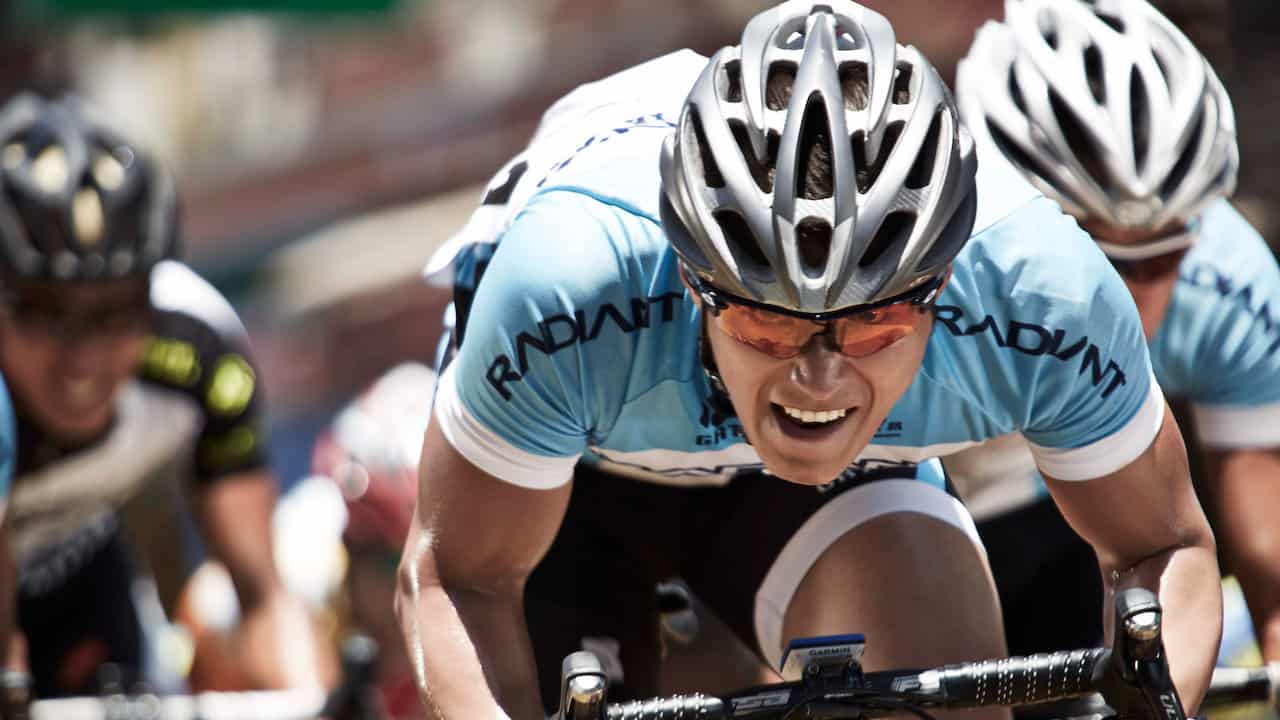
Veteran Hong Kong director Dante Lam explores an unfamiliar territory in a drama centered on road bicycle racing and infuses it with his trademark energy and his experience of the action genre. Extremely polished on the technical side and well-acted, “To The Fore” entertains and enthuses for its cast of handsome young stars (Eddie Peng, Choi Si-won, Shawn Dou), beautiful locations all over Asia and more (Shanghai, Busan, Hong Kong, Inner Mongolia and Italy), and an interesting focus on teamwork and lead-out men (riders who works for the benefit of their sprinters). All the above helps to forgive a certain lack of credibility and originality of the plot. The film was selected as the Hong Kong entry for the Best Foreign Language Film at the 88th Academy Awards. (Adriana Rosati)
Buy This Title

17. Tokyo Paralympics – Festival of Love and Glory (Kimio Watanabe, 1964, Japan)

Kon Ichikawa tried to uplift the athletes as a kind of super-humans competing in an international spectacle. Military drill, discipline and the theatrical presentation of human anatomy are the core elements of “Tokyo Olympiad”. Watanabe's film is not so strict, gives space to things outside the big sports circus. He cares for social topics by comparing the Japanese with the European Health Care System, and the way people with disabilities are treated unfairly in Japan. “Tokyo Paralympics” calls for equality and devotes one half of its runtime to the personal matters of the athletes. The Paralympic Games are portrayed much more as a place of exchange of philosophies and motivation among the participants. (Alexander Knoth)
18. Unbeatable (Dante Lam, 2013, Hong Kong)
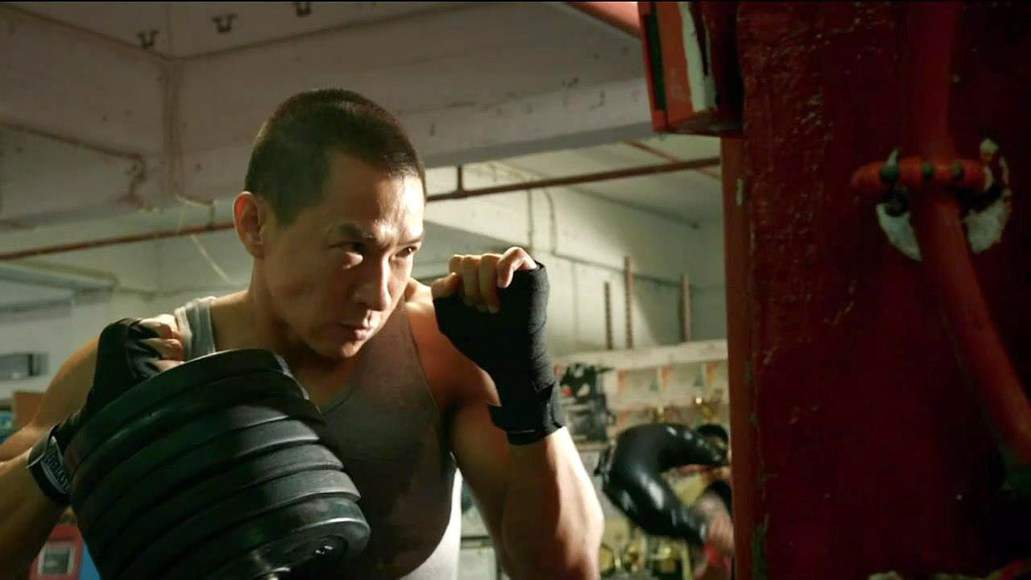
The fighting choreography and training sequences feel like they come from a legitimate love for the sport. This level of sincerity towards its subject matter is the driving force behind the production. However, this approach does hinder the overall entertainment value of the production, since, at a running length of about two hours, there is not much in the way of fighting, which although makes sense within the narrative, it does not really deliver as an action film. Instead, the film focuses heavily on drama and the struggles of its characters for a majority of the run time. Looking at the film as a drama, it is a bit dry and slow-paced, and although it is able to fit in some good dramatic moments, the majority of the film feels rather padded. The slow pacing becomes apparent with a strong shift in the story within the last few moments, which causes some of the early plot points to seem rather purposeful. (Adam Symchuk)
Buy This Title

19. Waterboys (Shinobu Yaguchi, 2001, Japan)
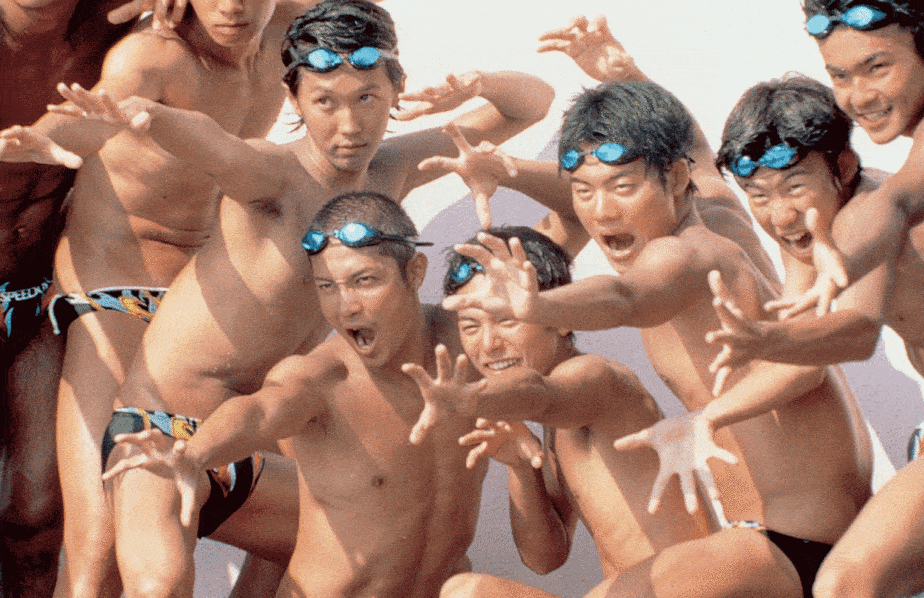
Shinobu Yaguchi directs a genuine Japanese comedy, filled with absurdity, slapstick humor, the occasional crudity, and a number of unlikely characters that get into more unlikely situations. The result is quite messy and does not stand up to logic much, but Yaguchi somehow manages to make it all work and to come up with a rather delightful and quite funny movie. The interactions between the characters are amusing from the beginning, particularly due to their teenage lustful nature, but the film truly takes off upon the appearance of Isomura, whose clowning adds another level of comedy to the story, also adding much to the entertainment it offers. Midori Kinouchi is great in the part, with the antithesis of his deep voice and his absurd movements providing a number of hilarious moments.
20. Weeds on Fire (Chan Chi-fat, 2016, Hong Kong)
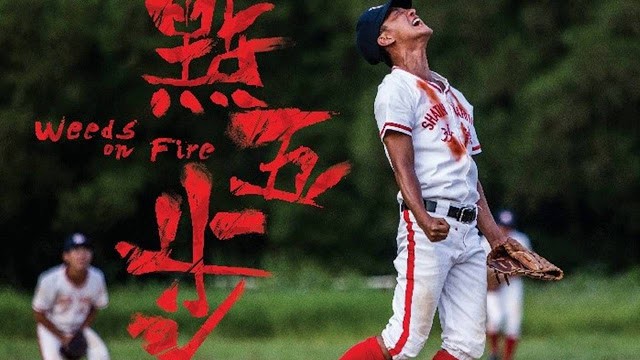
Chan Chi-fat directs a film that uses the popular sports theme of the underdog as a base for a coming-of-age film, which starts as a comedy before it becomes a drama. The outcome of the base theme may be predictable to the point of cliché, but the second aspect is the one that actually elevates the movie to a higher level, by depicting the experiences of the two boys and the way they shape their characters. As the movie becomes more dramatic, romance, unwanted pregnancies, divorces, heartbreaks, crime and violence come to the fore, with baseball taking a secondary role, providing the entertainment part of a combination that also includes much meaningfulness. (Panos Kotzathanasis)



